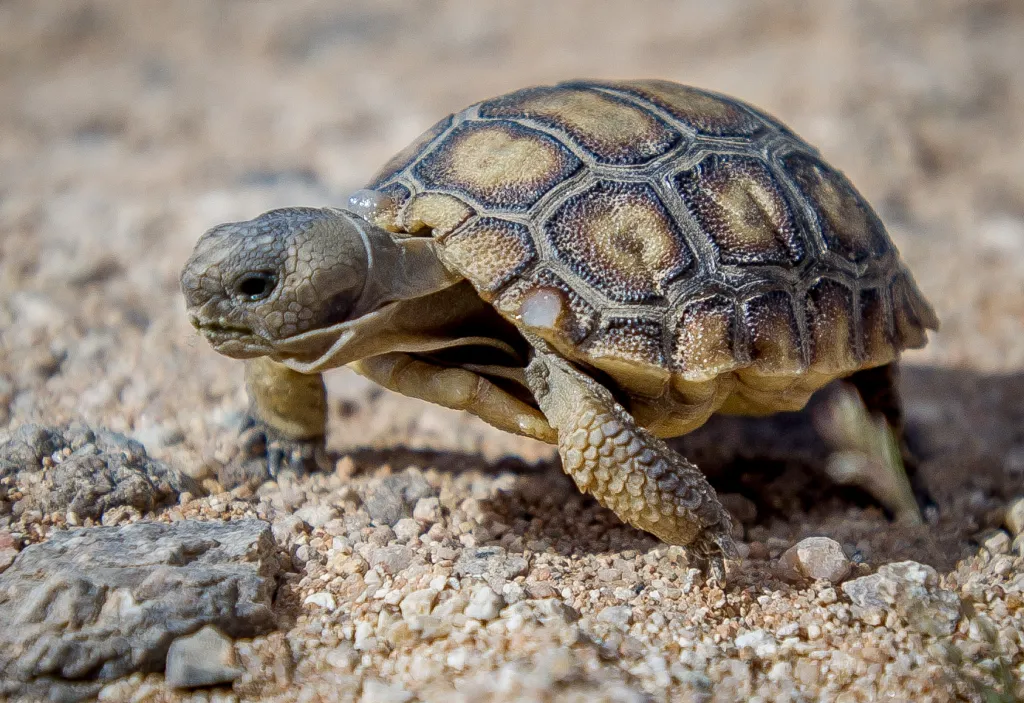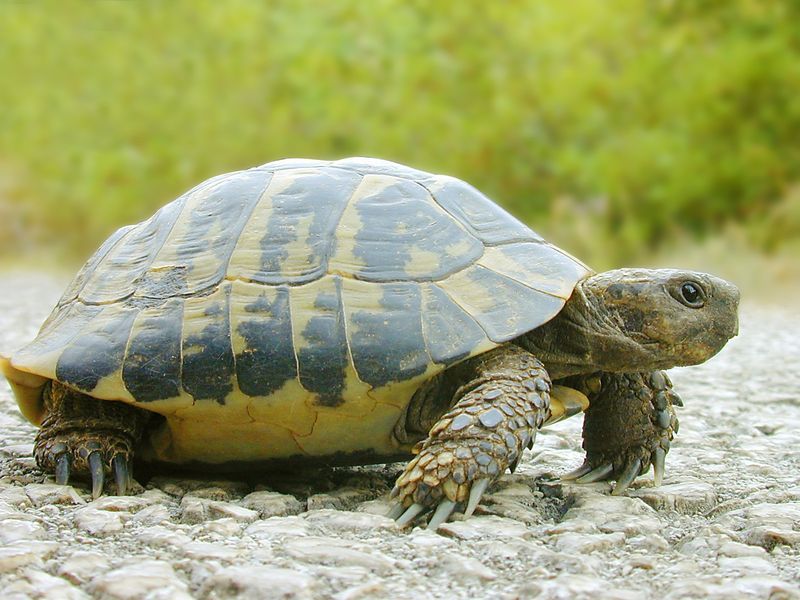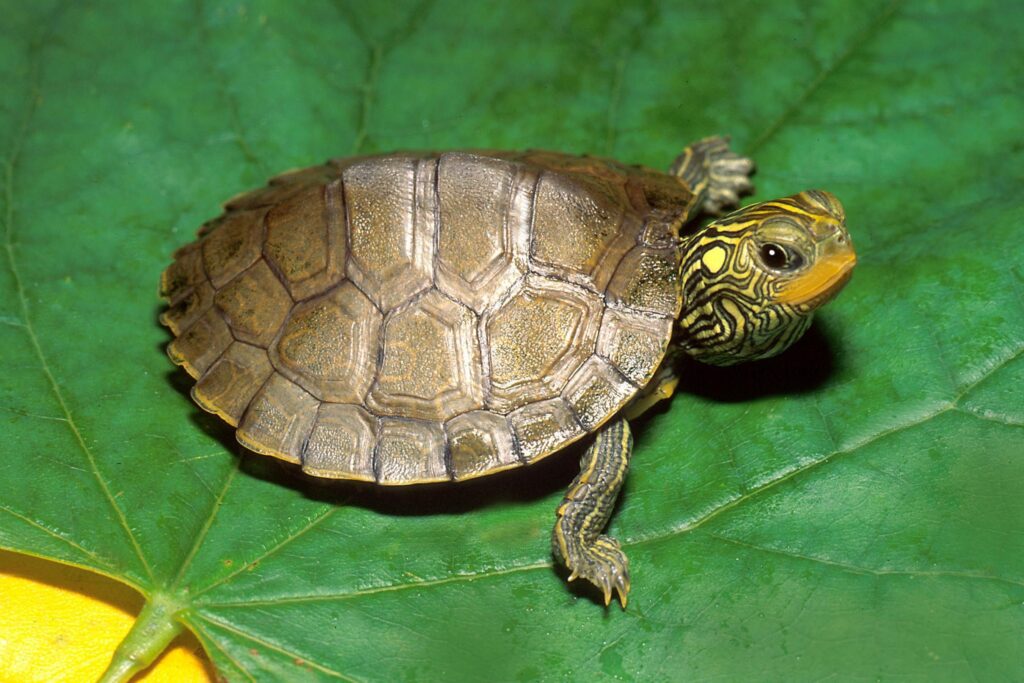Table of Contents
ToggleIntroduction

Turtle feces is often an overlooked facet of these enigmatic reptiles’ lives. Offer a fascinating glimpse into their dietary habits, digestive processes, and ecological significance. The appearance and composition of turtle excrement vary widely across species what does turtles’ poop look like, influenced by factors such as diet, habitat, and individual health. One encounters a spectrum of visual attributes in the quest to understand the intricacies of turtle excrement. Describing the appearance of turtle poop is akin to unveiling a tapestry of ecological clues, where the color, consistency, and contents paint a vivid picture of these creatures’ lives.
Turtles And Their Excretory System
Turtles, belonging to the reptile family, have a unique excretory system that plays a vital role in their overall health and ecosystem. Understanding their waste and feces provides insight into their dietary habits, physiology, and environmental impact.
Physical Characteristics Of Turtle Feces
Turtle excrement, commonly known as feces or scat, varies in appearance based on several factors, including species, diet, and health. Typically, it is cylindrical or elliptical and ranges in color from brown to green, influenced by the food they consume. The consistency can vary from firm and solid to softer and more pliable, depending on hydration levels and diet.
Dietary Influence On Fecal Composition
The composition of turtle feces reflects their dietary preferences. Herbivorous species produce feces containing more plant matter, often seen as fibrous and bulkier. While omnivorous or carnivorous turtles might excrete waste with remnants of animal matter or smaller particles.
Digestive Process In Turtles
Turtles have a slow metabolic rate, leading to a longer digestion period. Their digestive systems break down consumed food over an extended period, extracting nutrients efficiently and producing waste that retains some undigested components.
Environmental Impact Of Turtle Waste
Turtle excrement plays a crucial role in nutrient cycling within ecosystems. As turtles contribute to nutrient deposition, their feces serve as a fertilizer, enriching soil quality and supporting plant growth in aquatic and terrestrial environments.
Significance In Research And Conservation Efforts
Analyzing turtle feces can provide valuable insights for researchers studying species-specific diets, health assessments, and environmental impact assessments and additionally, understanding the microbial composition within their waste aids in conservation efforts and habitat management.
Health Indicators Through Fecal Examination
Veterinarians and biologists often analyze turtle feces to assess their health status. Anomalies or irregularities in excrement, such as changes in color, consistency, or the presence of parasites, can indicate underlying health issues or dietary imbalances.
Challenges In Studying Turtle Feces
Studying turtle feces presents challenges due to their aquatic and terrestrial habitats. Collection methods vary based on species behavior, necessitating innovative techniques for non-invasive sampling while ensuring minimal animal disturbance.
Composition And Contents Of Turtle Feces
Dietary Elements: The composition of turtle feces is heavily influenced by their diet. For instance, herbivorous turtles consume mainly plant matter, producing feces rich in fiber, cellulose, and remnants of plant cells. In contrast, the waste of omnivorous and carnivorous species might contain undigested animal matter, such as bones or exoskeleton fragments, along with traces of protein and fat.
Calcium Deposition: Many turtles require calcium for shell growth and maintenance. Consequently, their waste might contain high calcium levels, which can contribute to soil mineralization and nutrient enrichment.
Microbial Presence: The gut microbiome within turtles aids in digestion. Analyzing the microbial composition within fecal samples can provide insights into the digestive process, gut health, and potential interactions with the environment.
Factors Influencing Fecal Characteristics

Hydration Levels: Turtles, being ectothermic creatures, regulate their body temperature externally. Their hydration levels can affect fecal consistency, with dehydration potentially leading to drier, harder feces.
Habitat and Environmental Conditions: Aquatic turtles might excrete waste in water, influencing its dispersal and breakdown, while terrestrial species’ feces contribute to nutrient cycling in soil.
Metabolic Rate and Digestive Efficiency: Turtles possess a slow metabolism, allowing for thorough digestion of consumed food. This slow process can result in feces retaining more nutrients than other animals.
Ecological Importance Of Turtle Feces
Nutrient Cycling: Nurturing nutrients through turtle feces contributes to ecosystem fertility, particularly in aquatic habitats. These nutrients support the growth of algae, aquatic plants, and other organisms, forming a crucial part of the food web.
Soil Enrichment: Turtle waste is a natural fertilizer on land, enhancing soil quality and promoting vegetation growth. This enrichment aids in maintaining diverse and healthy ecosystems.
Research Applications And Conservation Efforts
Dietary Studies: Examining turtle feces allows scientists to determine their nutritional preferences, seasonal variations in diet, and potential impact on local flora and fauna.
Health Assessments: Veterinarians and conservationists analyze fecal samples to monitor the health of wild and captive turtles. Changes in fecal characteristics might indicate diseases, parasitic infections, or dietary deficiencies.
Habitat Management: Understanding the role of turtle waste in nutrient cycling assists in habitat management and restoration efforts, ensuring balanced ecosystems.
Conclusion
While not commonly discussed, turtle excrement holds significance in understanding these reptiles’ ecology, diet, health, and environmental impact. Studying turtle feces contributes to conservation strategies, ecosystem management, and broader scientific knowledge about these fascinating creatures. Turtle feces, often overlooked, hold significant value in ecological systems and scientific research. Analyzing and understanding the characteristics of turtle waste contributes to a broader comprehension of these reptiles’ behavior, health, and environmental impact.







